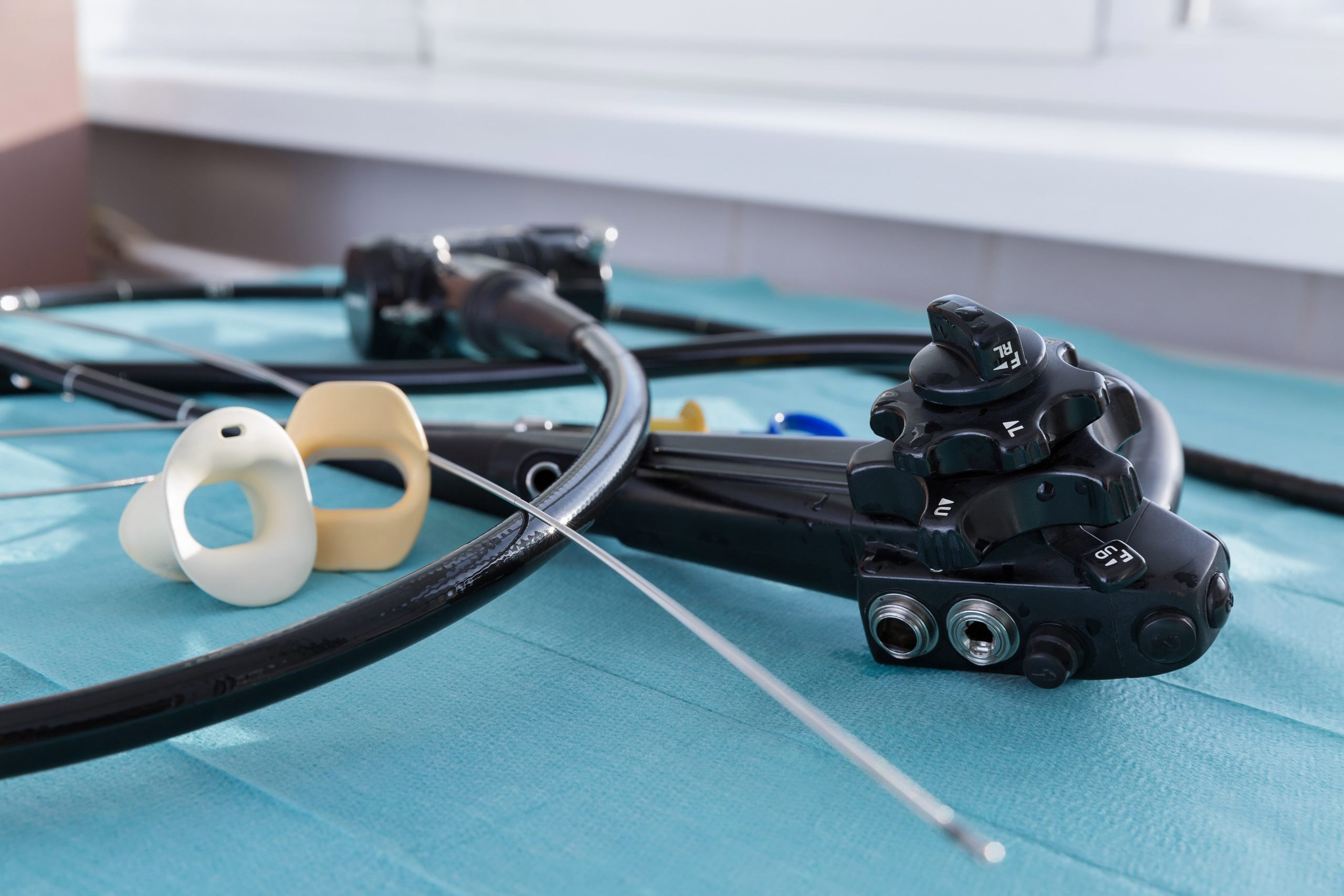
The mystery behind why some common female urologic health conditions are hard to diagnose — and suggestions for how women should address their doctor if they don't feel heard — were among topics discussed during a recent Urology Care webinar.
Common female urologic health conditions include an overactive bladder (OAB), stress urinary incontinence (leakage during physical activity), interstitial cystitis, pelvic organ prolapse, and reoccurring urinary tract infections (UTIs).
They can be hard to diagnose because of the changes a woman's body goes through in different life stages, she may have difficulty talking about her urologic condition — or their complaints may be dismissed.
"Studies show women's complaints are interpreted as emotional or hysterical and not bona fide," said Dr. Fenwa Milhouse.
Milhouse, one of the webinar’s featured speakers, is a urologist specializing in female pelvic medicine with the DuPage Medical Group. Dr. Rena Malik is director of female pelvic medicine and reconstructive surgery at the University of Maryland School of Medicine. During the hour-long webinar, Milhouse and Malik discussed women's health and answered questions.
Urology Care is produced by the Urology Care Foundation.
What To Do When Not Feeling Heard
Milhouse and Malik pointed to a couple of reasons why some female patients might feel like they’re not being heard. Maybe their doctor is having a bad day. Perhaps their bedside manner leaves little to be desired.
Female patients should feel empowered to discuss these issues with their doctor — or seek a second opinion or find another urologist."You don't generally connect with every person you meet, and that is OK," said Malik. "Just find a doctor you click with."
Let’s Normalize Talking About Urology Issues
More women are needed in urology to diversify the field, said Milhouse, and the result will be a diverse group of people speaking on important issues.
"We've done a great job making the public aware about prostate cancer," Milhouse added. "We need that same advocacy, and the same policy agenda, for advocating for women's health issues in urology."
According to the 2021 American Urology Association (AUA) census, the number of practicing Hispanic and African American urologists in the U.S. increased in the past year, but the overall numbers are still low.
A 2022 report by the AUA found that 27 percent of urology residents and 30 percent of residency applicants were women. For this upward trajectory to continue, more efforts are needed to attract, recruit, and retain women to the practice.We have to talk about women’s health in a public setting, and we need more funding for research in women’s health and urology to better address the issues that women are having,” said Malik.


